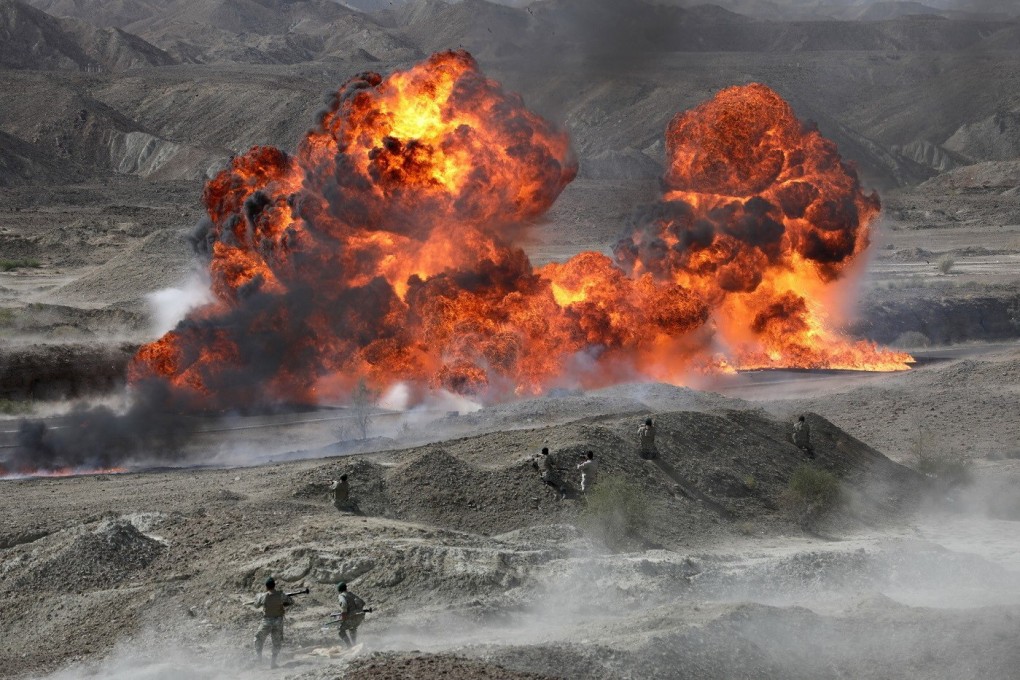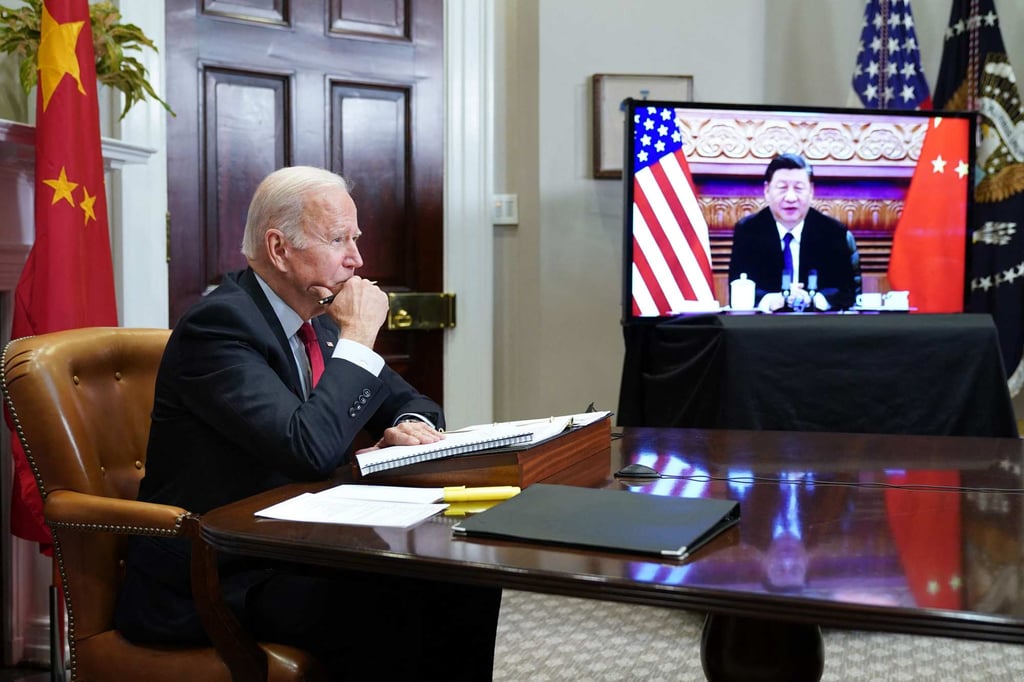As China draws focus, ‘unreliable’ US leaves Middle East allies fast losing faith in security guarantees against Iran
- Gulf Arab monarchies in particular have begun to question US commitments to the region amid Washington’s growing determination to counteract China
- Analysts say the US’s ‘credibility problem’ stems from a long series of disappointments - with the messy pull-out from Afghanistan only the most recent

“We will see in the coming period really what is going on with regards to America’s footprint in the region. I don’t think we know yet, but Afghanistan is definitely a test and to be honest it is a very worrying test,” Anwar Gargash, diplomatic adviser to the United Arab Emirates’ president, told a conference in Abu Dhabi on October 2.

Moreover, US allies in the region are alarmed by Washington’s growing determination to counteract China, which holds significant influence – as a top trading and investment partner – over the competing powers in the Middle East.
“We’re all worried, very much, by a looming Cold War. That is bad news for all of us because the idea of choosing [sides] is problematic in the international system, and I think this is not going to be an easy ride,” Gargash said.
The US’ impending return to the Joint Comprehensive Plan of Action (JCPOA) – the formal name of the 2015 agreement aimed at preventing Iran from developing nuclear weapons – has added further impetus to its Middle Eastern allies’ efforts to defuse the region’s multitude of disputes and proxy wars, and tentatively explore normalising relations with Tehran.
“Part of what we need to do is manage our region better. There is a vacuum and whenever there is a vacuum, there is trouble,” Gargash said.